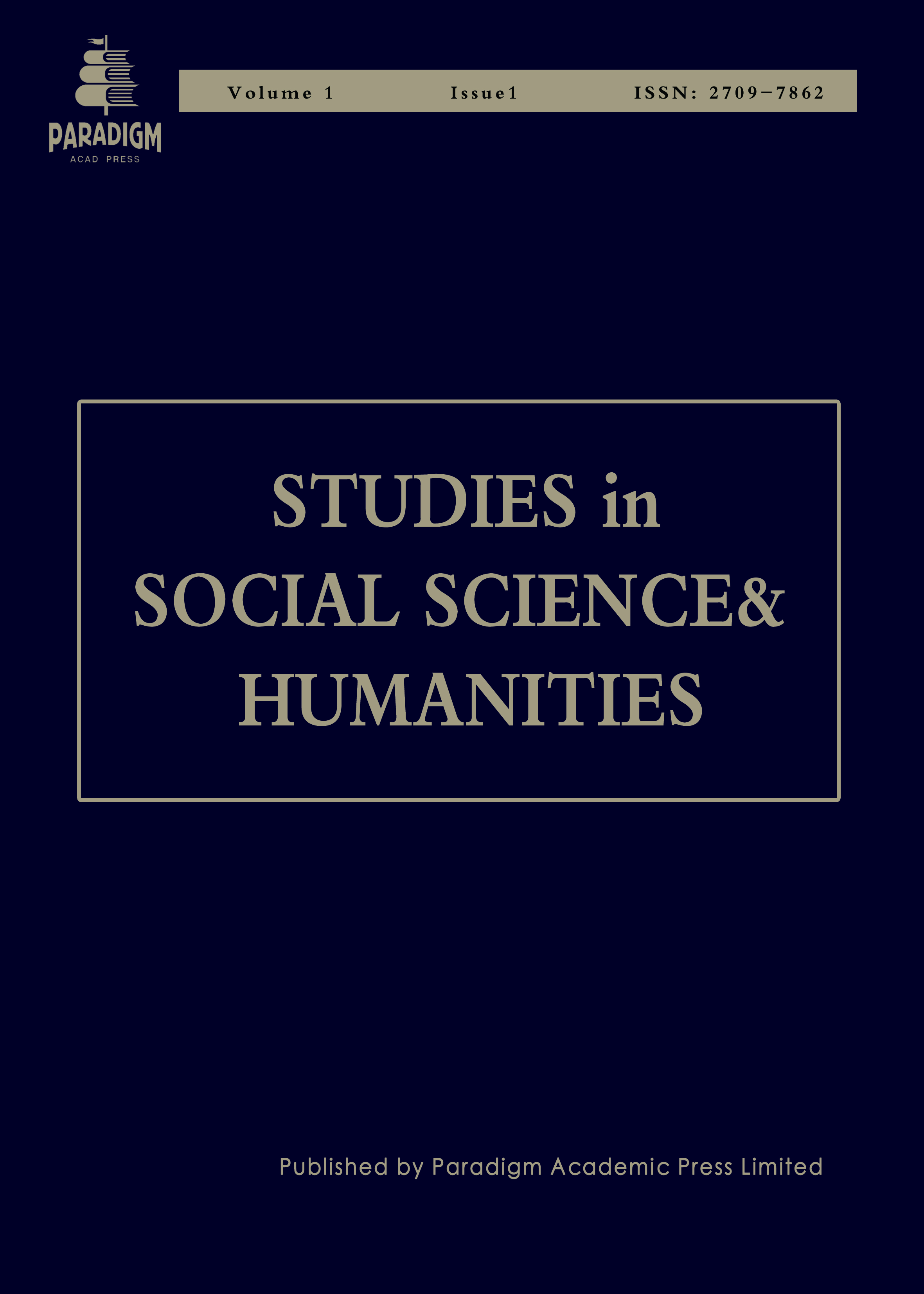Social Exclusion and Urbanization in Hanoi Focusing on Educational and Employment Opportunities for Poor Residents
Keywords:
social exclusion, urbanization, HanoiAbstract
This paper explores the relationship between social exclusion and urbanization in Hanoi, Vietnam, with a focus on the educational and employment opportunities for the city’s poorest residents. The rapid urbanization of Hanoi, driven by economic reforms and rural-to-urban migration, has resulted in significant economic growth. However, it has also exacerbated social inequalities, particularly for poor residents and migrants living in peripheral areas. The study examines the challenges of educational exclusion, such as limited access to quality education due to overcrowded schools, hidden costs, and disparities in resources between wealthy and poor areas. It also addresses employment barriers, including the concentration of poor residents in the informal sector, a lack of vocational training, and social discrimination. Government policies and social programs aimed at addressing these issues, such as scholarships, vocational training, and microfinance initiatives, are analyzed for their effectiveness. The findings suggest that while some progress has been made, significant gaps remain in ensuring equitable access to education and employment for marginalized communities. The paper concludes by emphasizing the need for comprehensive and inclusive policy interventions to mitigate social exclusion in Hanoi and ensure that all residents benefit from the city’s urbanization.


